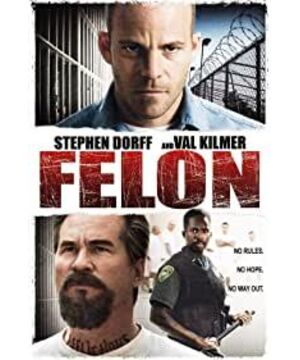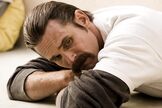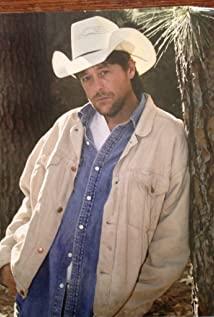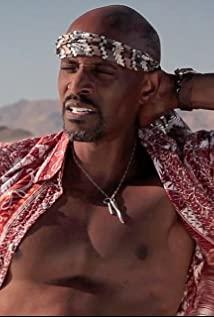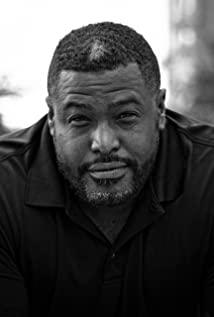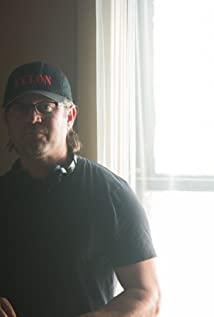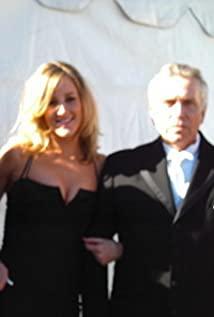The protagonists of the two films have entered a new environment and system and met new friends. And these friends subsequently brought them a lot of trouble, and caused them to face the difficult decision of whether to betray others. In the process, there will be an elder who behaves differently from ordinary people and a dereliction of authority. The former will become friends with the protagonist, while the latter makes their situation more sinister. When the film reaches its climax, the elderly will stand up to support the protagonist and directly confront the authority figures (although the method and the price paid for it are very different). At the same time, a system that always appears in a negative posture will correct its own mistakes in time and return the protagonist to be fair. Those who have chosen to cooperate with authority figures to betray their friends will be punished as they deserve.
Although I can fully understand the necessity of a certain routine plot and the existence of characters, such a high degree of "simulation" and lack of originality still affect my assessment of the overall quality of the film to some extent. What's more, the director, who is already standing on the shoulders of giants, did not tell the story perfectly. Many details are still rough.
The performances of the two main actors were not exciting enough. The process of their becoming friends is too simple and lacks the intense dramatic conflict between the protagonist and the retired blind officer in "Wen". Especially Kimo's role. When he appeared, he gave the impression of a prison spiritual leader, but as the story progressed, he did not show much leadership style. Man). In addition, his glasses have also become a "doubt." Will that happen in a felon prison with such strict security measures? Is it because the director is emphasizing a non-realistic concept of "knowledge is power"?
Fighting incidents in the prison seem to be too dense due to the lack of the balance of other relatively peaceful prison life. It makes people feel that the prisoners are more like a group of gladiators. The daily wind is the time when they are thrown into the Colosseum for life and death. The protagonist’s fiancée was once very logically overwhelmed and decided to break up with her. But then he suddenly changed his mind and even became the key figure in determining his fate? The inner character and the transformation of the narrative function are a bit abrupt.
In contrast, the shaping of the prison guard chief is indeed something new (at least compared with "Shawshank"). The eager conversations with new colleagues and couples in the supermarket showed the kind and peaceful side of their daily lives. Dialogues such as "The country gives you a high salary of 60,800 yuan is for you to strictly control these scum" when talking with colleagues outside the baseball field, which also differentiates this person from the corrupt and brutal prison guards in the traditional sense. His son's sideline plot provides a relatively reasonable excuse for the ultimate extreme behavior of this "negative" character... But even so, the audience still seems unable to sympathize with him. Because of the excessive and excessive bloody fighting and the police's final use of force to "clear the field", it is impossible to intuitively and truly feel the pressure on the prison guards, so that "their average life span is only 55 years old." ".
The only surprise that this film brings does not come from the film itself. It got a high score of 8.0 on imdb, but the North American film critics on Rotten Tomatoes only gave it less than 6 points, and nearly half of them "voted bad"! Although I have become accustomed to the difference in the judgment tastes of the two major movie websites for the same work. But in the face of such a big gap, I still feel a little bit astonished.
View more about Felon reviews


